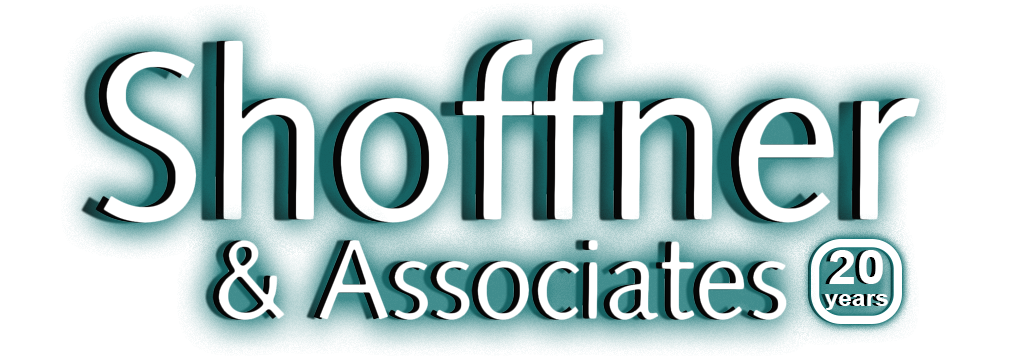Chapter 13 is one type of bankruptcy for individuals. This form of bankruptcy focuses on the reorganization of one’s finances for individuals with regular income. It is also known as a wage earner’s plan. Debtors develop a monthly payment plan to their creditors for a three to five-year period. Creditors may not start or continue with collection efforts during this time. Chapter 13 is valuable for those who are unable to make immediate payments to their creditors but have income.
Filing for Chapter 13 instead of Chapter 7 prevents the liquidation of your property. Very importantly it can protect one’s home from foreclosure providing you can pay the mortgage under a settlement plan. During the payment plan you will submit payments to a court-appointed trustee who will distribute your payments to your creditors. During this period, all your disposable income will go to debt reduction.
Individuals are eligible for Chapter 13 if their unsecured debts (credit card debts) are under $394,725 and their secured debts (those with collateral like a house or car) are under $1,184,200. Within 180 days of filing, a debtor in any bankruptcy filing must have received credit counseling from an approved credit counseling agency. Chapter 13 petitioners must not have had a bankruptcy petition dismissed in the 180 days prior to filing due to their unwillingness to appear in court.
Filing for a Chapter 13 bankruptcy is an involved process. It is important to work with a bankruptcy attorney. There are court fees totaling $310. The debtor needs to provide to the court financial documents including: a list of creditors and their claims, the amount and sources of the debtor’s income, a list of the debtor’s property, an accounting of all contracts and leases in the debtor’s name, a listing of the debtor’s monthly living expenses, and the most recent federal tax return and a statement of any unpaid taxes. Filing for Chapter 13 stops foreclosure proceedings on your home.
After filing for Chapter 13, the debtor is required to submit a repayment plan. Approval of the plan is up to the court. The trustee will hold a meeting with the creditors and debtors as part of the approval process.
The court appointed trustee will collect payments from the debtor and distribute them to the creditors. These payments may be made directly to the trustee or through payroll deduction. Late payments are not allowed but you may accelerate your payments, allowing for an early discharge. All new mortgage payments after filing for Chapter 13 must be made on time.
It takes three to five years to pay your debts through the Chapter 13 process. After your repayments are completed, your Chapter 13 case will be discharged with court approval.
Filing for bankruptcy is a serious consideration. It can give you a fresh start. Chapter 13 bankruptcy can keep you from losing your home to foreclosure. It does impact your credit report and can affect your ability to get credit for years. If you are considering filing for bankruptcy discuss your options with Shoffner & Associates. Determine with them your best course of action. Use their expertise to effectively guide you through the process.
Freya Allen Shoffner, Esquire featured Professional Speaker, Presenter, Professor.
Need a Speaker for a Business Event? Call your friendly neighborhood attorney today.
With the right help, you are more likely to succeed. The attorneys at Shoffner & Associates will be happy to help you.
Give us a call at (617) 369-0111 or email fashoffner@shoffnerassociates.com




